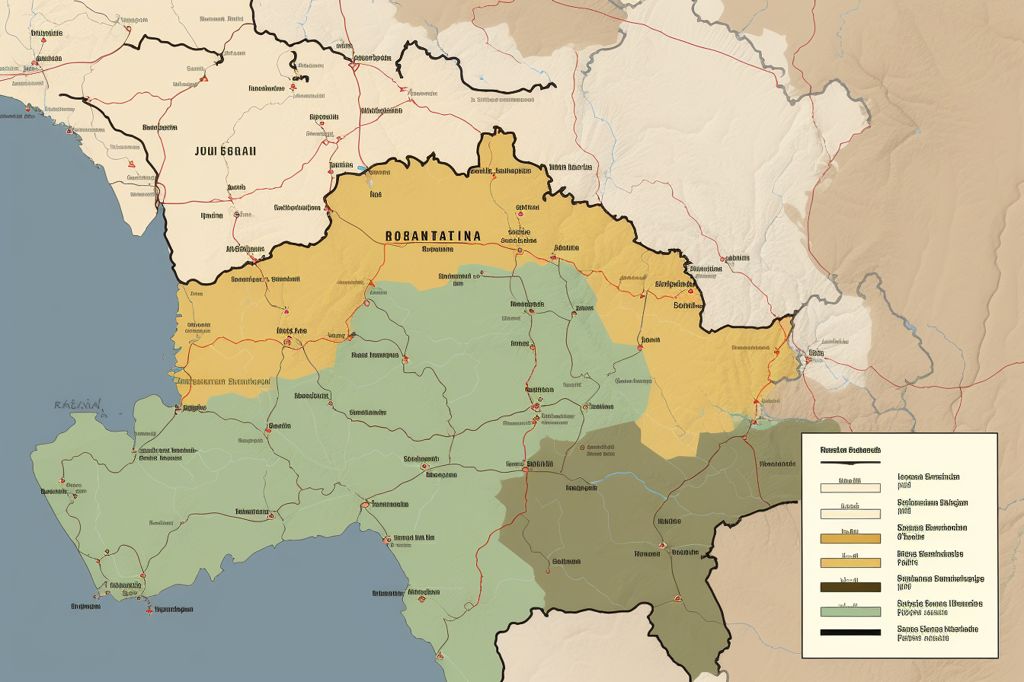Northeast Nigeria has witnessed a resurgence of violence in the Lake Chad area, as jihadists from Islamic State West Africa Province (ISWAP) continue to expand their territorial control. The latest attacks have claimed the lives of 32 people, including 25 herders, and have highlighted the ongoing threat posed by these groups in the region.
Attack in Gudumbali Forest
The first attack occurred in Gudumbali forest, located 95 km from the regional capital, Maiduguri. ISWAP militants, riding on motorcycles, targeted a group of Fulani herders and accused them of providing military information. Although the militants did not steal anything from the deceased herders, they shot most of them and hacked a few to death, as reported by a militia leader, Babakura Kolo.
Attack in Borno-Yasin Village
The second attack took place in Borno-Yasin village, Gubio district, where seven men were shot dead by ISWAP fighters manning a checkpoint. The militants accused the victims of smuggling narcotics into their territory and found an assortment of drugs and marijuana on them, as per a militiaman, Ibrahim Liman.
Ongoing Jihadist Threat
Jihadist groups like Boko Haram and ISWAP have targeted various groups, including loggers, herders, farmers, fishermen, and metal scrap collectors, accusing them of spying for the military and local militia. These attacks have intensified recently, particularly on farmers working in their fields during the rainy season.
Just recently, ISWAP militants murdered 11 farmers in Kuwayangiya village outside Maiduguri, while Boko Haram kidnapped 30 herders from three villages on the shores of Lake Chad, demanding ransom payments.
Devastating Impact
The violence perpetrated by these groups has had a catastrophic impact, with at least 40,000 people killed, and around two million displaced. The conflict has even spilled into neighboring Niger, Chad, and Cameroon, further exacerbating the crisis.
Strengthening Security Measures
Regional authorities must continue their efforts to strengthen security measures and protect civilians in response to the escalating violence. Cooperation among various stakeholders, including the Nigerian army, anti-jihadist militias, and neighboring countries, is essential in combating the growing influence of jihadist groups like ISWAP and Boko Haram.
The recent attacks in Borno state serve as a stark reminder of the persistent threat posed by jihadist groups in northeast Nigeria. As the conflict continues to evolve, it is crucial for the Nigerian government and its regional partners to remain vigilant and committed to safeguarding the lives and livelihoods of those caught in the crossfire.








